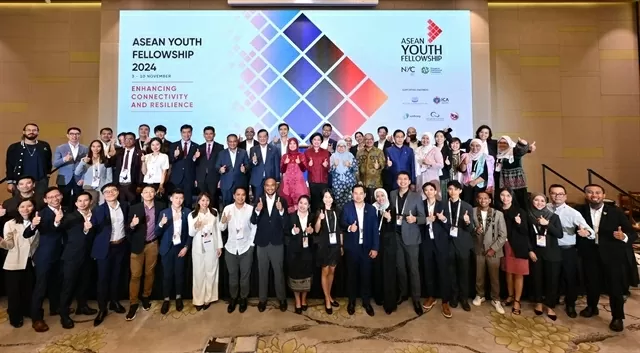 |
| The ASEAN Youth Fellowship is an annual programme co-organised by the Singapore International Foundation (SIF) and the National Youth Council of Singapore (NYC). (Source: AYF) |
This practice both reinforces the need for the consensus principle and increases the challenge of building common resources for sustainable development. Thus, in order to continue to promote strengths and overcome existing difficulties to develop the ASEAN Socio-Cultural Community (ASCC) in the coming time, ASEAN can consider a number of feasible solutions that are suitable to its current potential.
Continue to promote cultural andeducational exchanges
ASEAN member countries should continue to promote cooperation in the field of culture and education, especially focusing on the younger generation. This is a practical way to narrow the gap and improve the cultural and social level in the region. These activities not only increase awareness of ASEAN and enhance understanding of the cultures of member countries, but also contribute to strengthening solidarity in efforts to solve common problems.
Currently, many universities in the region have launched ASEAN-related research programs and compiled specialized curricula on ASEAN studies, focusing on topics such as history, regional culture, integration process and contemporary challenges.
In Vietnam, typical efforts include the ASEAN Studies Curriculum of the Diplomatic Academy or the ASEAN Community Law Curriculum of the Hanoi Law University. ASEAN, in conjunction with the Southeast Asian Ministers of Education Organization (SEAMEO), also launched the ASEAN Curriculum Sourcebook - introduced as a resource and a call for educators from member countries to refer to and apply in their own teaching programs. These academic efforts not only contribute to improving professional knowledge, but also arouse regional thinking for students - the future generation that will directly participate in the regional integration process.
Besides, cultural exchange efforts among ASEAN youth are also very important and need to be further promoted.
At the 2024 World Festival of Students held in Vietnam, young delegates from 11 ASEAN countries had the opportunity to express their desire to join hands to promote positive changes for the sustainable development of the community, while at the same time arousing the spirit of volunteerism among young people.
Thereby, contributing voices and taking practical actions on global issues, especially implementing the 17 Sustainable Development Goals (SDGs) of the United Nations. The 117 young delegates were selected through the valuable research papers they submitted to the International Student Science Forum.
In addition, many other youth conferences and initiatives were also held with the participation of non-regional partners such as Japan and India, to promote economic cooperation, digital transformation and socio-cultural connectivity.
These programs not only provide the younger generation with direct access to neighboring cultures, but also facilitate the formation of regional cooperation networks, share academic experiences and together envision a common future for Southeast Asia - where differences become leverage for the sustainable development of the ASEAN Socio-Cultural Community.
Supplementing the construction of a monitoring mechanism for implementation
Regarding monitoring, the role of the ASEAN Secretariat needs to be strengthened both technically and institutionally, to better undertake the task of monitoring implementation progress, publishing periodic reports and providing technical support to slow-implementing countries.
In addition, ASCC should also develop more regular monitoring and evaluation mechanisms, including establishing specific evaluation matrices, with clear criteria according to gender, age and other social factors when necessary.
Currently, ASCC has an ADME database system along with the ASCC 2025 Master Plan Monitoring and Evaluation Framework (ASCC M&E Framework). In addition, ASCC should also promptly update the ASCC 2025 Scorecard (ASCC Scorecard 2025), similar to the ASCC Scorecard 2015. Going forward, it is necessary to effectively utilize these two tools to promote progress monitoring, provide timely assessments, and ensure that ASCC initiatives are truly aligned with the overall goals set.
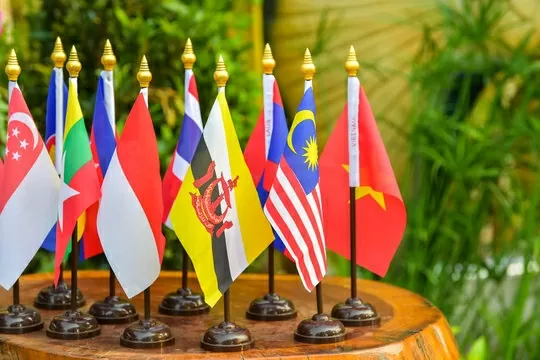 |
| Regarding monitoring, the role of the ASEAN Secretariat needs to be strengthened both technically and institutionally. (Source: Adobe Stock) |
Maintain and develop further research resources
This could start with leveraging the capabilities of multi-stakeholder information networks for agency programmes and activities through existing tools. Specifically, the existing ASEAN Statistics Web Portal could be further developed, with the first step being to update the data for the last two years.
In addition, ASCC can add more tools to update according to its own program and have a keyword search mechanism (especially for priority groups such as women, children, etc.), helping staff monitor data online to make data transparent, creating more motivation for developing initiatives.
Next, ASCC could establish a research platform for each agency to support sustainable implementation and provide evidence-based monitoring and evaluation data. This would also be a way to supplement and further develop data systems and evaluate performance based on what is “real” and thus improve future policy and operations.
Additionally, ASCC can apply smart technology such as artificial intelligence (AI) to improve performance. One possible solution is to provide staff with virtual assistants to enhance their capacity and performance in initiatives and programs.
These solutions focus on enhancing the internal capacity of ASCC, helping the implementation of this pillar to be sustainable and self-reliant. Investing in research activities and monitoring mechanisms is not only a strategic step but also an economical and sustainable solution, suitable for ASEAN's current position and strength.
In the context of the changing international relations environment, the role of regional multilateral mechanisms is increasingly emphasized in solving global issues. This is a time for ASCC to carefully review its operational methods and enhance its capacity to truly unite and develop sustainably, with people at the center.
ASEAN Socio-Cultural Community: 10 years on the journey of solidarity, sustainability and people-centeredness (part 1)
Source: https://baoquocte.vn/cong-dong-van-hoa-xa-hoi-asean-10-nam-tren-hanh-trinh-xay-dung-asean-doan-ket-ben-vung-va-lay-nguoi-dan-lam-trung-tam-ky-2-316387.html








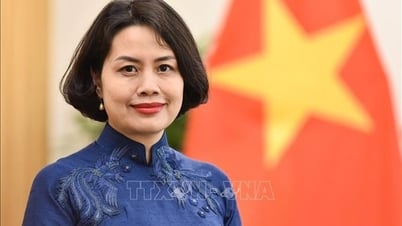

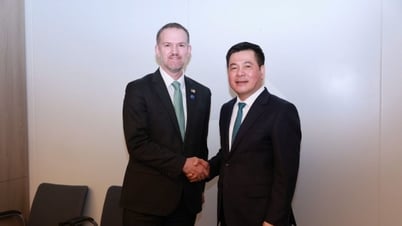
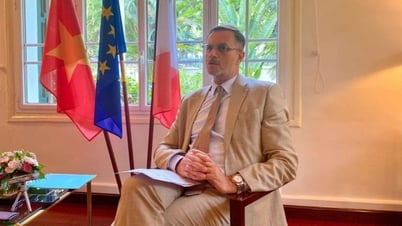
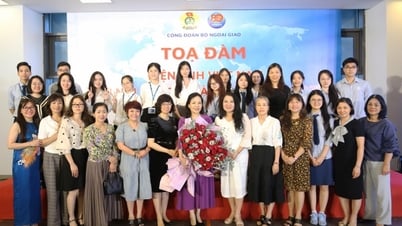
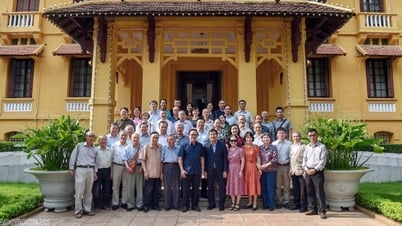
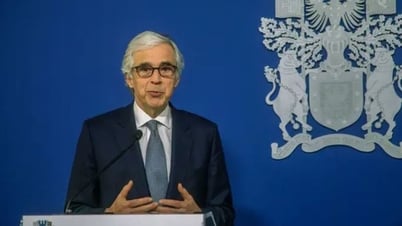







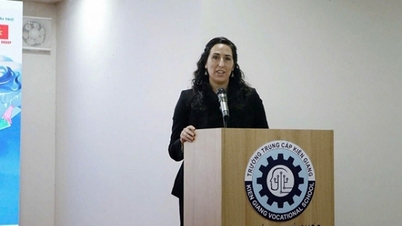




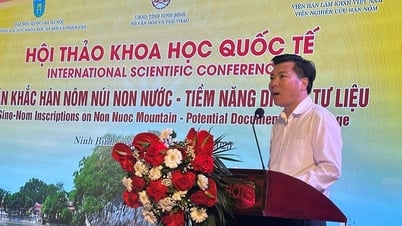


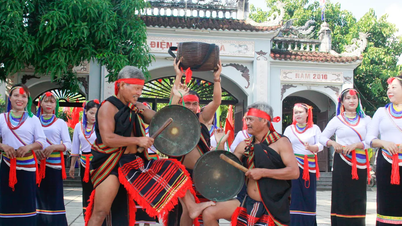

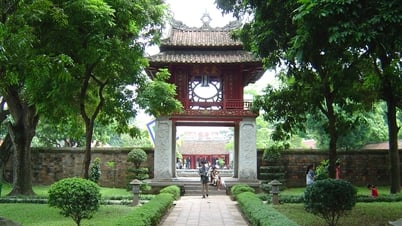

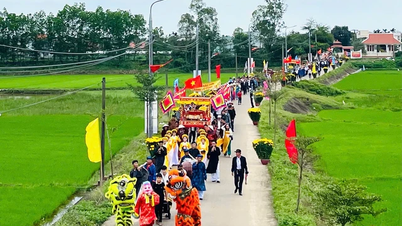

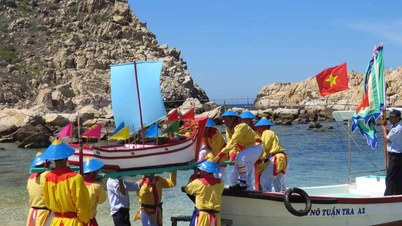







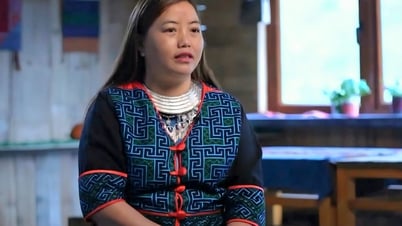
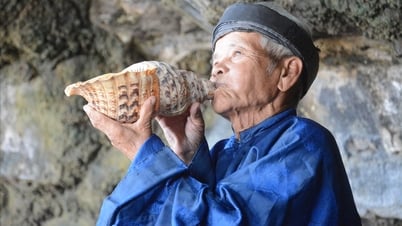

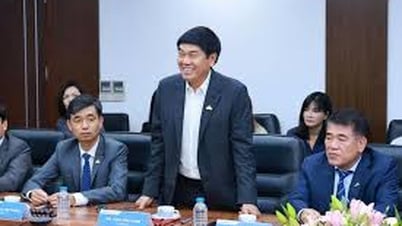

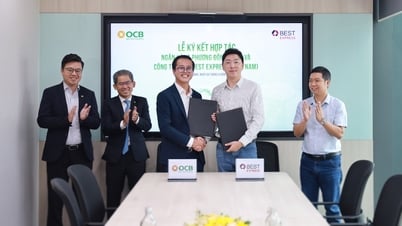

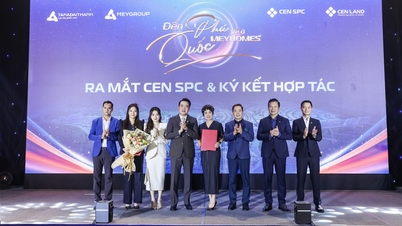


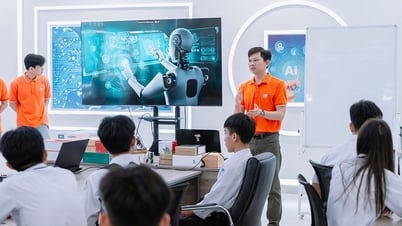
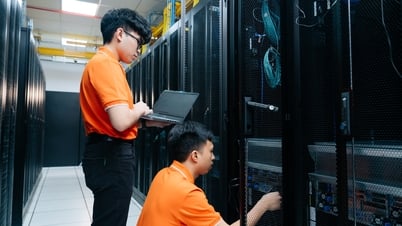
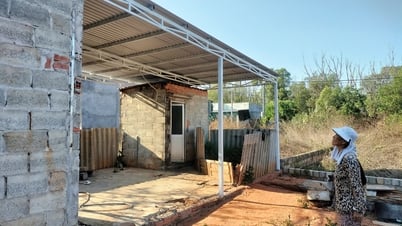





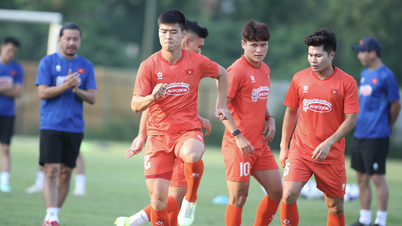
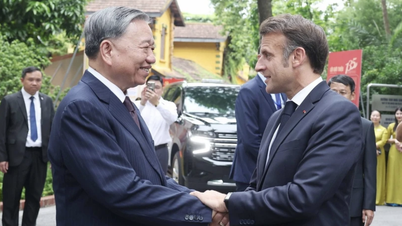



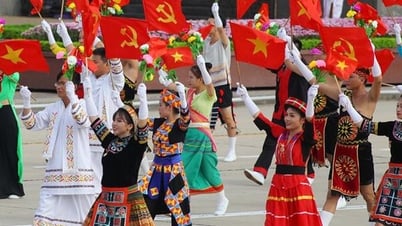
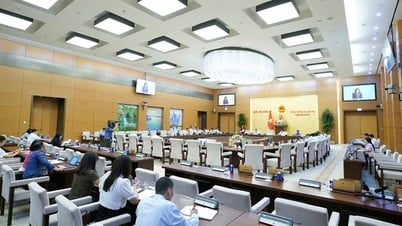
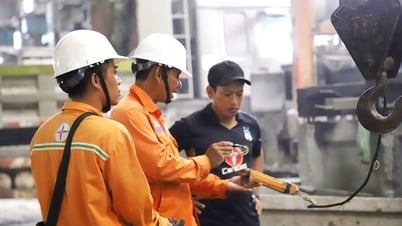


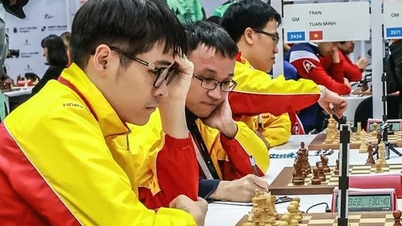
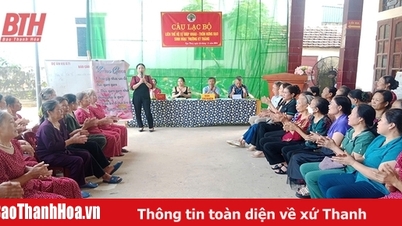



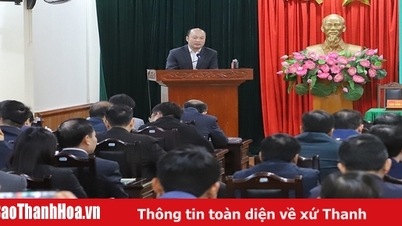
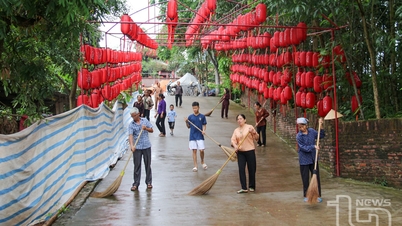

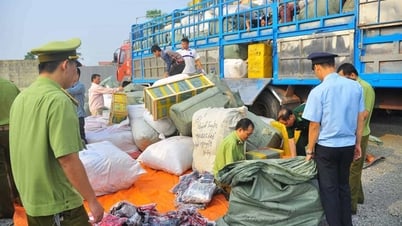







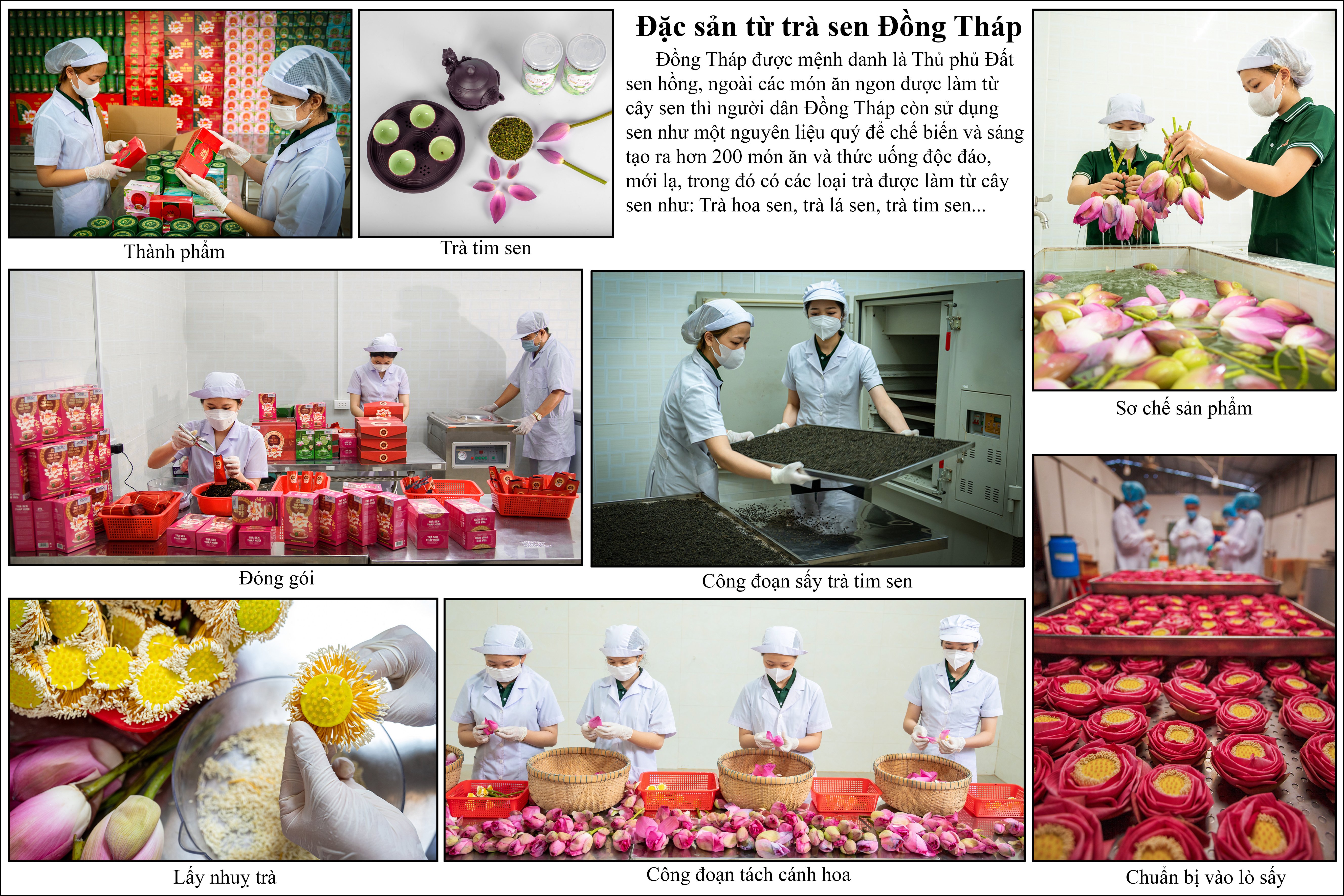


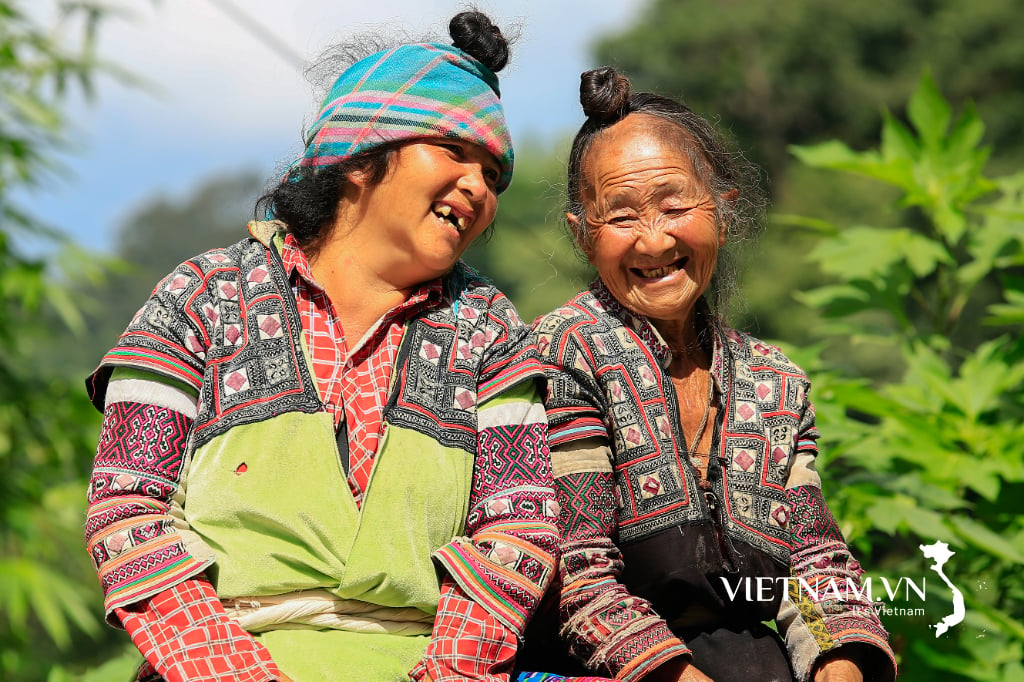
Comment (0)